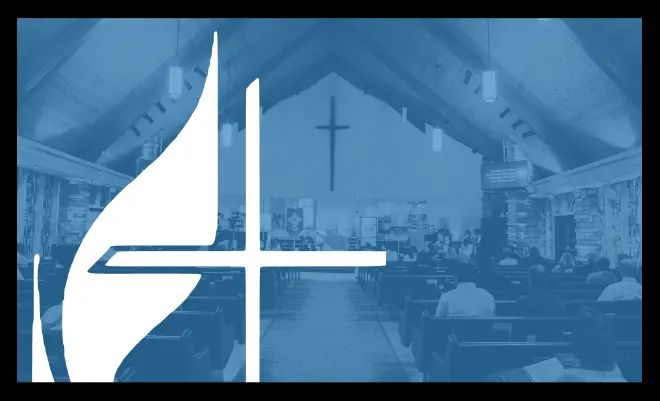The members of the 2018 West Ohio Conference passed the following changes in the Clergy Vacation Policy. If you have questions regarding the following information, please speak with your district superintendent.
Vacation Policy
Time for vacation, continuing education, Sabbath and formational renewal are extremely important to every person involved in professional ministry. There must be times of recreation, study and re-centering in each clergy’s life. The West Ohio Conference adopts these guidelines for clergy and churches as a way of encouraging clergy to live a balanced life in ministry.
The guidelines that are listed below are the minimum of all clergy under appointment. A charge and the appointed clergy in consultation with the District Superintendent may negotiate mutually agreeable changes to fit unusual circumstances in line with the spirit of this section.
Details and agreements regarding vacation, sick time, continuing education, days off, formational and spiritual growth leave, and connectional responsibilities should be established at the time of the appointment and reviewed annually as part of the annual pastor evaluation with the charge’s Committee on Staff/Pastor-Parish Relations (SPRC).
All clergy shall have at least, but not limited to, the equivalent of four weeks (based on estimated weekly workdays), plus two days. These days may be taken individually. This shall include a maximum of four Sundays. The following table shows minimum paid vacation days by nature of appointment.
MINIMUM VACATION STANDARDS**
| Appointment Level | Estimated Weekly Workdays | Total Vacation Days including 4 Sundays |
| Full Time Appointment | 6 | 26(6 x 4 = 24) + 2 |
| ¾ Time | 4.5 | 20(4.5 X 4 = 18) + 2 |
| ½ Time | 3 | 14(3 x 4 = 12) + 2 |
| ¼ Time | 1.5 | 8(1.5 x 4 = 6) + 2 |
**Clergy do not need to take a vacation day for regularly scheduled weekly day(s) off
Vacation shall be granted on the annual conference year (July 1 through June 30). In order to establish proper healthy boundaries, pastors and other clergy persons under appointment are expected and encouraged to take all vacation days annually. Vacation is not cumulative and cannot be carried over to the succeeding year. It is expected that the pastor will make arrangements in advance with the SPRC and consult with them in obtaining vacation supply coverage. Vacation leave for appointment beyond the local church (deacons) or extension ministry (elders and local pastors) is determined by that employer.
Continuing Education and Spiritual Growth
In accordance with The Book of Discipline¶350.2, clergy members continuing education and spiritual growth program shall include professional formation leaves at least one week each year and may include at least one month during one year of every quadrennium. Such leaves shall not be considered vacation time and should be coordinated through your SPRC committee.
More extended time for renewal leave is a healthy part of the rhythms of vocational ministry. In accordance with The Book of Discipline¶350.3, clergy members who have held full-time appointment for at least six years may request a formational and spiritual growth leave of up to six months while continuing to hold an appointment in the local church.
Sabbath and Weekly Day Off
It is important for clergy to have regular time away each week. Clergy members are strongly encouraged to establish a schedule that includes at least one day of Sabbath and one day away from ministerial responsibilities each week. Experiencing and modeling the rhythm of weekly Sabbath rest is vital to the work of vocational ministry. This day is included as a part of the six-day workweek for full time appointment in the chart above. Such days should be communicated so that congregation and staff will know when such days are to occur, so as to allow a time of refreshment. These are not vacation days.
Connectional and Community Responsibilities
All clergy are expected to attend all sessions of the Annual Conference. In addition, clergy have other connectional responsibilities. Time spent on these responsibilities shall not be counted as vacation or as continuing education. Clergy will inform the SPRC of time needed for these responsibilities.
Clergy are also often involved in various community groups. Such involvement provides an opportunity to build a bridge between the community and the church. These involvements shall not be considered vacation or continuing education. Clergy are encouraged to use good judgement in determining the commitment accepted beyond the primary appointment. Consultation with the SPRC should take place before accepting such responsibilities.
